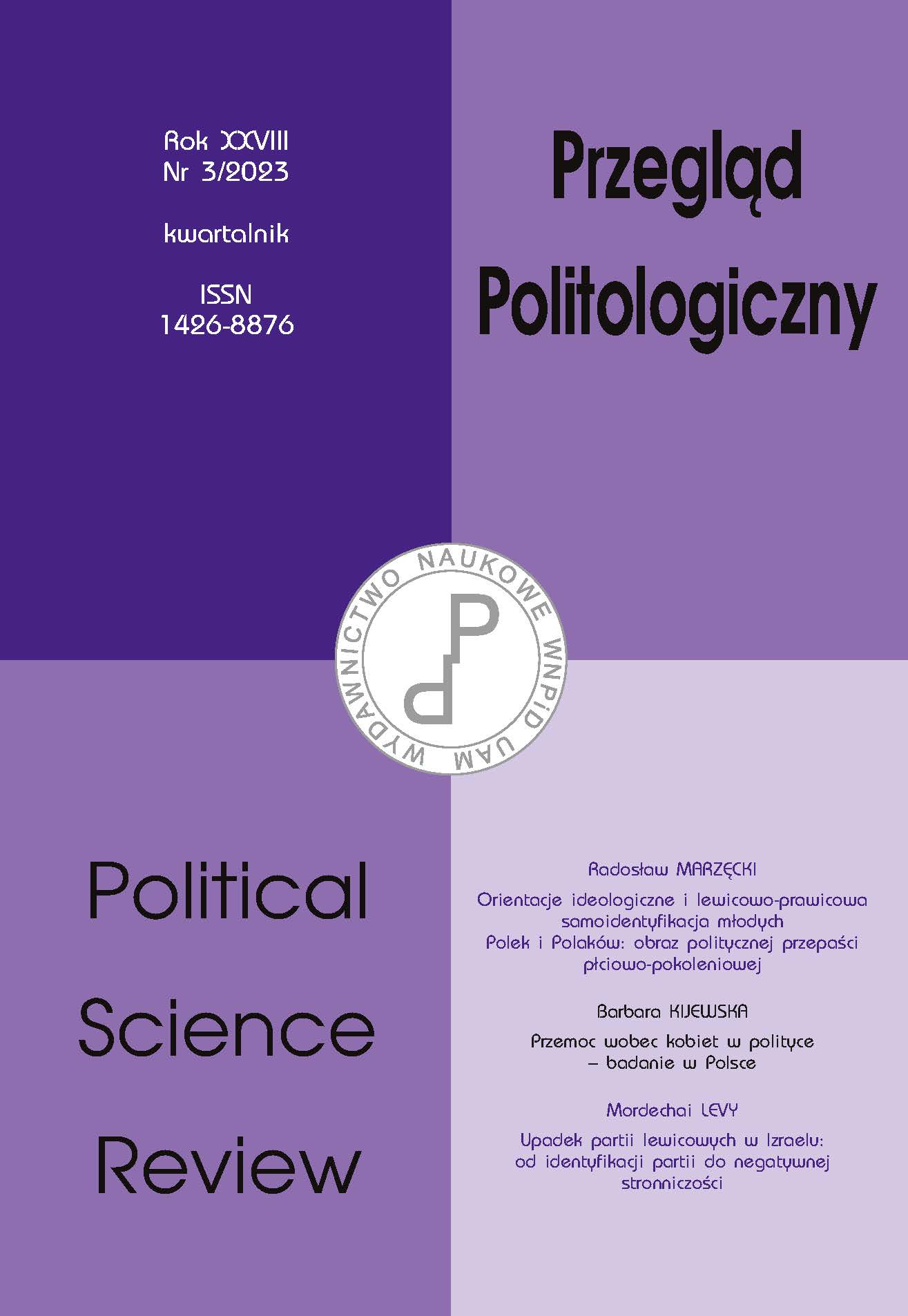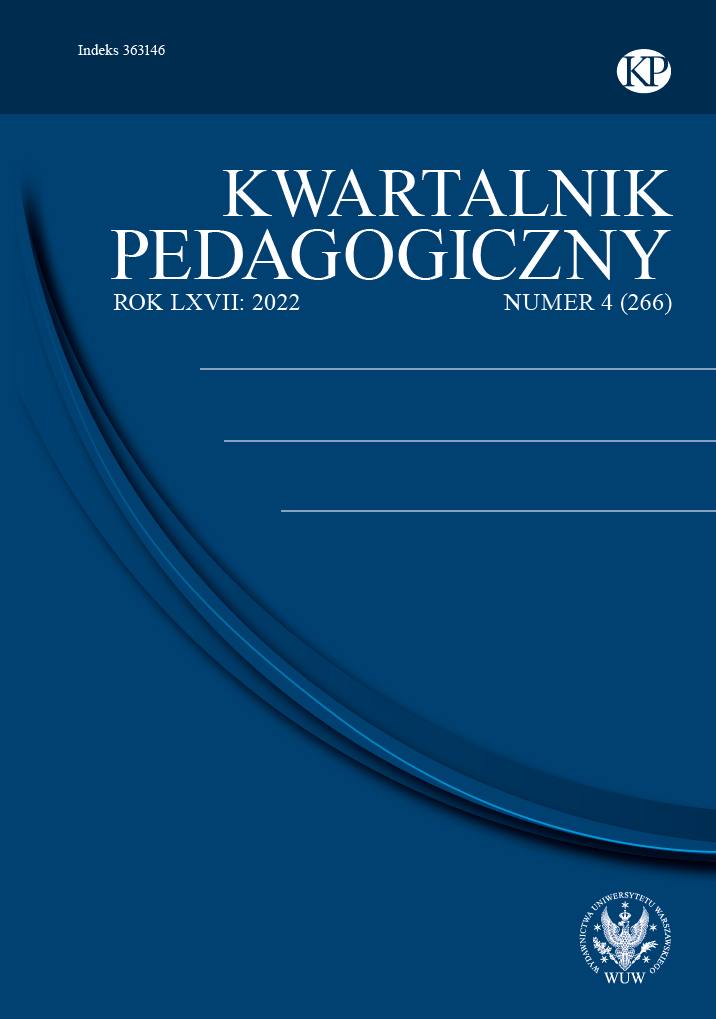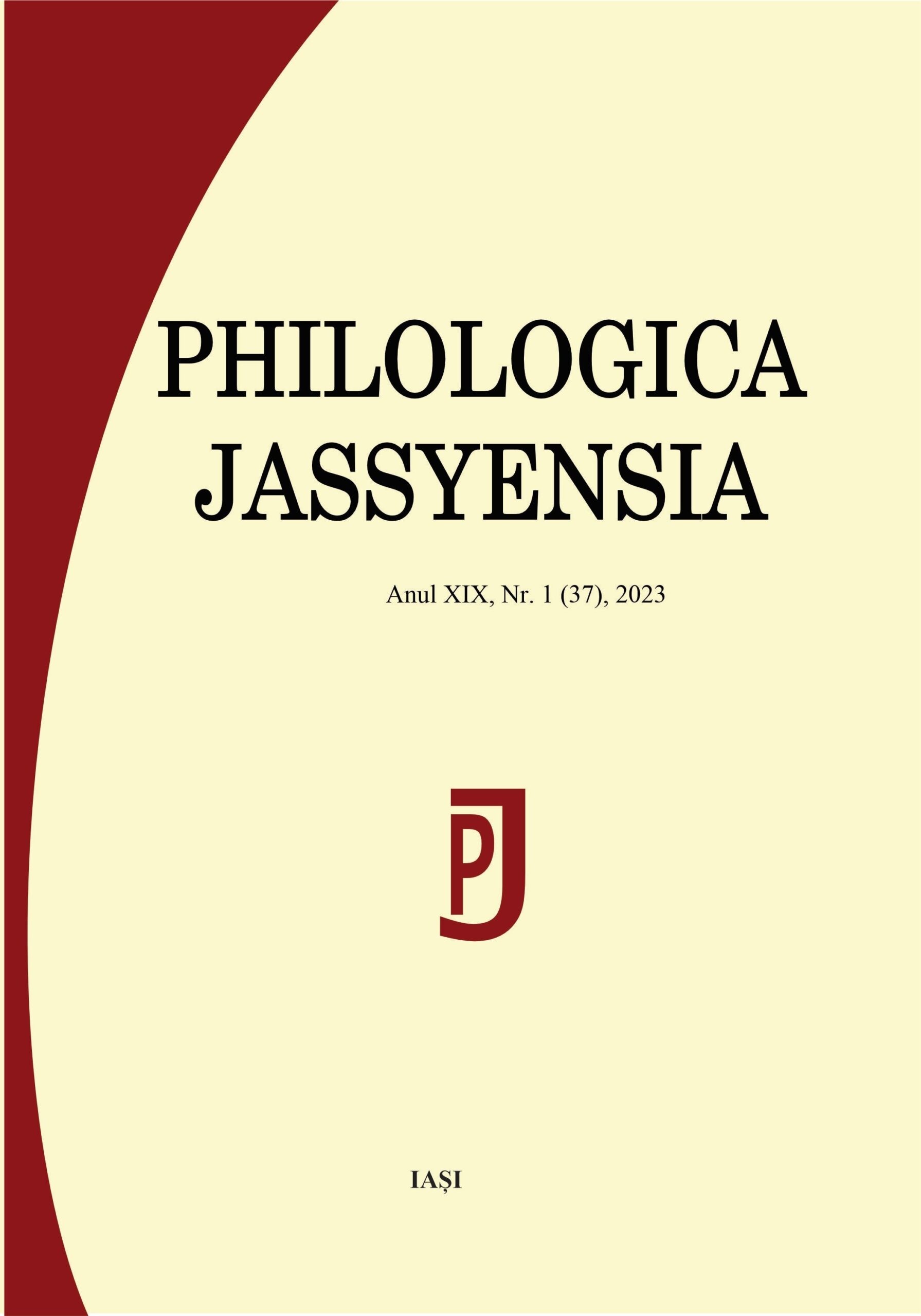
Mieczysław Gogacz’s Anthropological Explanation for the Existence of Angels
Mieczysław Gogacz’s Anthropological Explanation for the Existence of Angels
Keywords: antropology; thomism; angels; final causes
Professor Mieczysław Gogacz, the renowned philosopher and founder of the recent version of Thomism – the Consistent Thomism 1, claims that angels are the final causes (causa finalis) of human soul. He derives his conception from the principle, characteristic not only for Thomism but also for the entire classical philosophy, which says that for the existent results we respectively search the prior causes. Ultimately, such established philosophical stance regards searching for causes and asking about causes. Hence in analysing the problem of final causes understood as the external causes which constitute the essence of human being, it is worth to define the scope of the research. First of all, we search for the answer to the question about the causes of human being, therefore metaphysics of real beings is the area of our study, what results in further implications. Primarly, we need to acknowledge that each essential state or activity inevitably must possess its real cause in another being. When we notice there is no such cause it means that we encounter the subsistent being (ens subsistens). It belongs to the essence of the method of metaphysics to demand theses cause to be indicated. Metaphysical methodology, when applied consequently, allows to claim that within the area of human being, reality is that what the essence exclusively receives from its existence (esse). Consequently, there must be some other causes that constitute the essence in its internal content, endowed with an act and potency (potentia), both spiritual and material. The aim of this paper is to follow the thought of Gogacz exactly in the area of discovering the role of angels as causes for the particular development of human soul. Therefore Gogacz’s proposal becomes the „proof for the existence of angels”, on the basis that each thing in order to act and cause results must, first of all, exist.
More...




